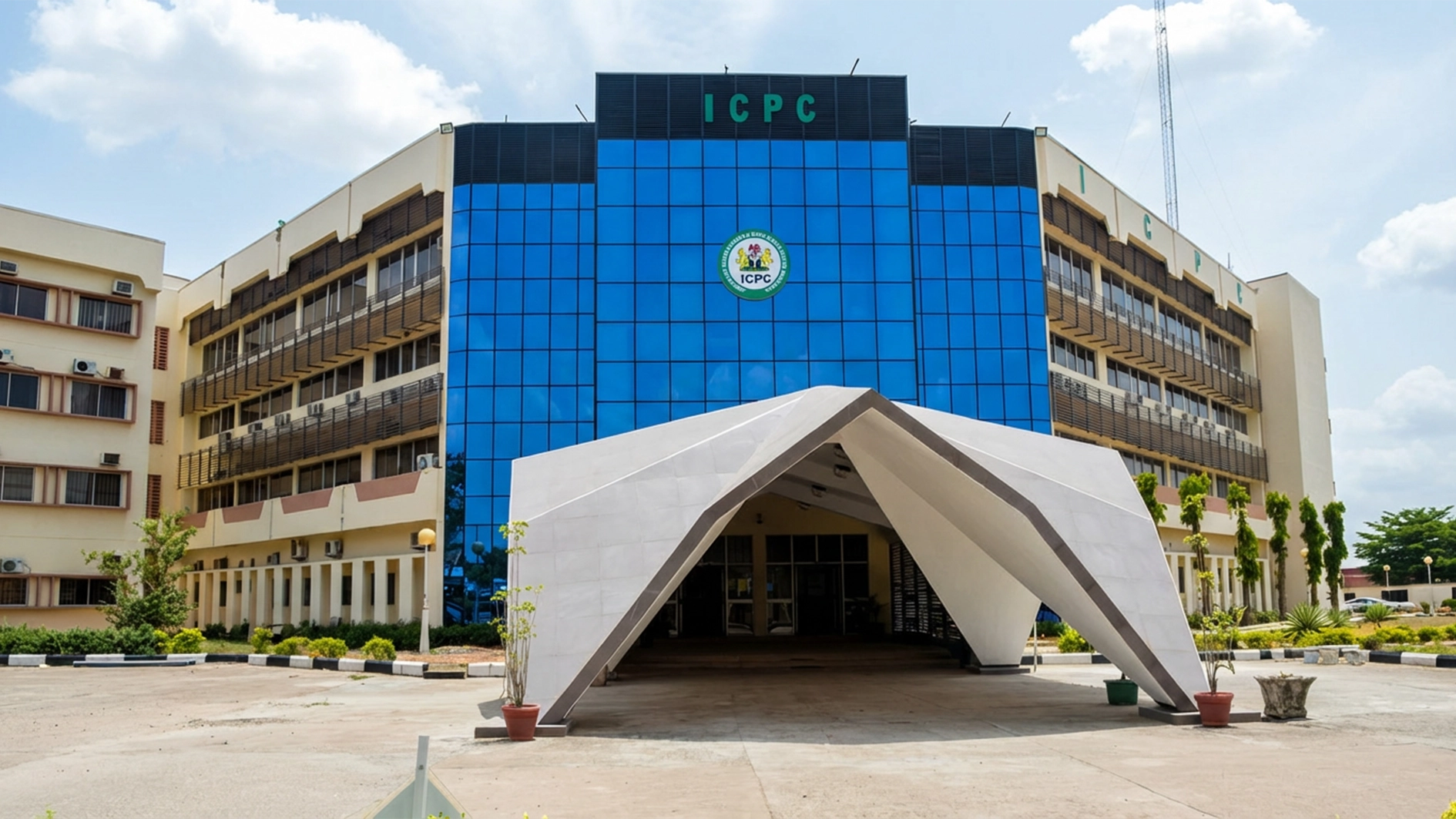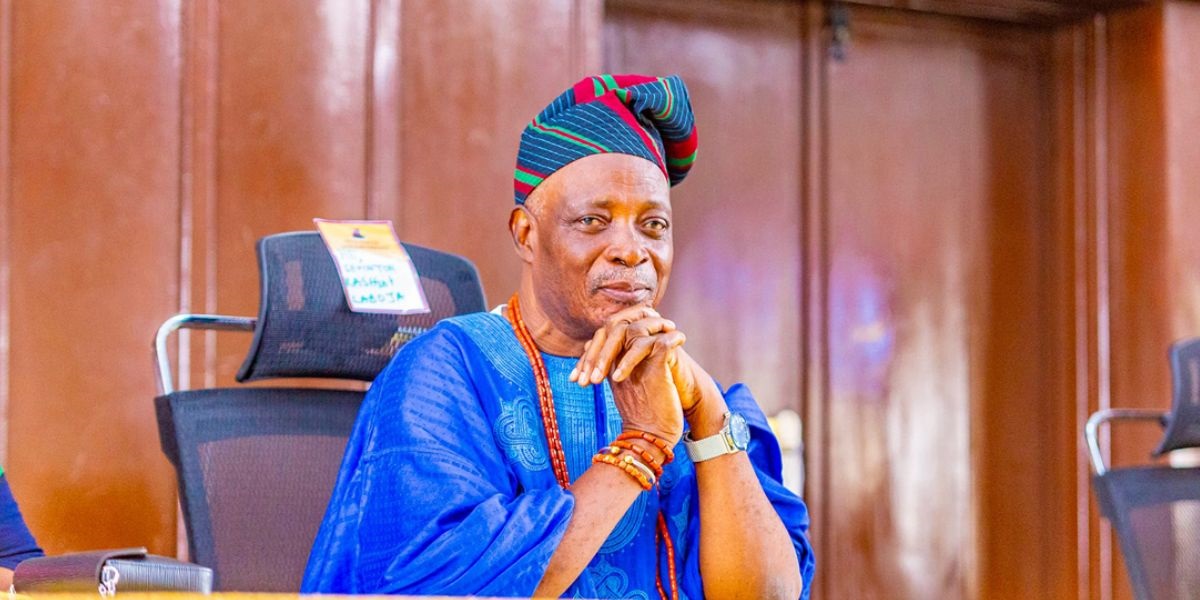•As raw material imports surge by 119%
Director General/Chief Executive Officer (CEO), Raw Materials Research and Development Council (RMRDC), Prof Nnanyelugo Martin Ike-Muonso, has lamented the fact that despite efforts at improving the use of locally-sourced materials for manufacturing inputs in the country, 70 per cent of manufacturing inputs used in the economy are still imported from other countries.
According to him, the situation exposes a structural weakness: export of the nation’s raw materials in their crude form, import in refined quality, and surrendering jobs and value offshore.
Speaking at the opening ceremony of this year’s three-day Nigeria Raw Materials (NIRAM) and Nigeria Manufacturing & Equipment (NME) Expo held in Lagos yesterday, he said this year’s theme, “Accelerating Sustainable Manufacturing through Cutting-edge Technology Solutions,” is more than a reflection of global trends, but a clarion call for Nigeria to decisively reposition itself within the dynamics of the fourth industrial revolution.
Lamenting the real sector’s contribution to the country’s GDP, which he said remained below 10 per cent, standing at 9.62 per cent in Q1 2025, dropping from 9.8 per cent achieved in the same period last year.
He spoke as the Manufacturers Association of Nigeria (MAN) reported that raw material imports surged by 119 per cent to ₦4.53 trillion ($11 billion) in the first nine months of 2024 alone and kept climbing.
According to him, with over 120 commercially viable solid minerals, vast agricultural resources, and a young population, Nigeria does not lack potential, but lacks strategic coordination, implementation and technology-backed commitment.
He added that just last month, the Senate formally passed the Raw Materials Research and Development Council (Establishment) Amendment Bill, 2025, mandating that no raw materials should leave the country’s shores unless they had undergone at least 30 per cent processing or value-addition within Nigeria.
Minister of Innovation, Science and Technology, Uche Nnaji, stressed that science and technology remained key to Nigeria’s growth and prosperity, especially in the area of manufacturing. He stressed that every policy created must create employment opportunities for young people.
“Countries that have invested in technology are advancing rapidly and creating jobs, and we must do the same.”
We know there are numerous challenges, but let us learn from global success stories and build partnerships here. We have seen your struggles and are here to support you with real solutions and policies,” he said.
Director-General, MAN, Segun Ajayi-Kadir, noted that Nigeria was at a pivotal moment in its industrial journey and that, despite the many challenges manufacturers faced, they remained determined to turn the numerous challenges into opportunities. He urged manufacturers to embrace modern technologies, good sustainability practices, and attractive strategies to help them compete on the global stage.






